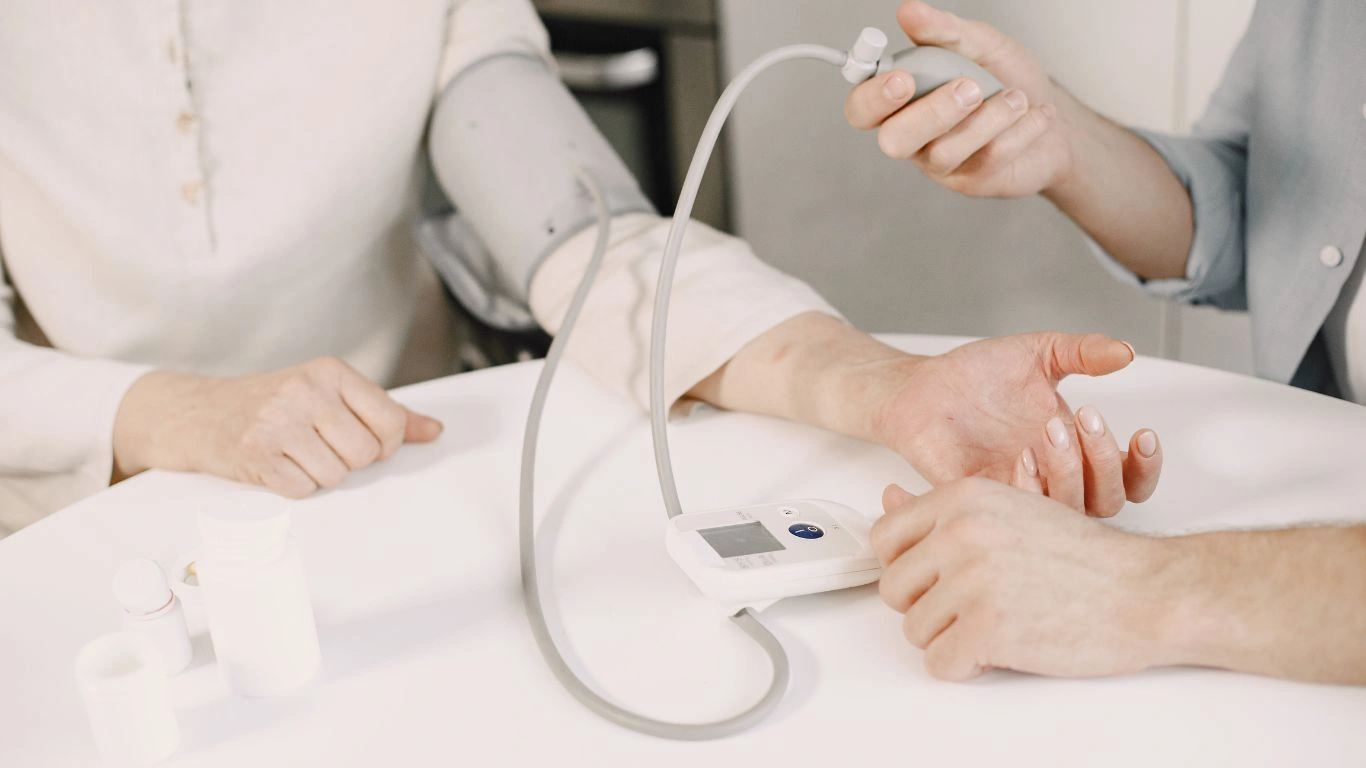Plant-Based Protein Sources for Hypertension: A Comprehensive Guide
Looking to manage your blood pressure with healthier food choices? Plant-based protein sources can be a game-changer for those managing hypertension. Let’s explore how these plant-powered options can help keep your heart happy and healthy!

Why Plant-Based Protein is Great for Hypertension
Switching to plant-based proteins doesn’t just benefit your blood pressure; it’s a win for your overall health. These proteins are typically lower in saturated fat and cholesterol, which are known culprits for heart issues. Plus, they’re packed with fiber, antioxidants, and other nutrients that support healthy blood vessels and reduce inflammation.
Think about it: you’re swapping artery-clogging choices for foods that help your body thrive. It’s a no-brainer!
Top Plant-Based Protein Sources for Hypertension

1. Lentils
Lentils are tiny but mighty! Packed with protein, fiber, and potassium, they’re a triple threat against hypertension. They help flush out excess sodium and improve blood flow. Whether you throw them in soups, stews, or salads, lentils are versatile and easy to cook.
2. Chickpeas
Who doesn’t love hummus? Chickpeas are not just tasty; they’re a solid source of plant-based protein and magnesium, which helps relax your blood vessels. Snack on roasted chickpeas or toss them into your favorite dishes for a health boost.
3. Tofu and Tempeh
Soy-based options like tofu and tempeh are superstars in the plant-based protein world. They’re high in protein, low in saturated fat, and contain isoflavones, which may help reduce blood pressure. Pro tip: marinate tofu to soak up flavor, then grill or stir-fry it for a delicious meal.
4. Quinoa
Quinoa isn’t just a trendy grain—it’s a complete protein, meaning it contains all nine essential amino acids. Plus, it’s rich in magnesium and potassium, both of which are hypertension-friendly. Use quinoa as a base for bowls, salads, or even breakfast porridge.
5. Black Beans
Black beans are heart-healthy heroes. They’re loaded with protein, fiber, and potassium, making them perfect for managing blood pressure. Pair them with brown rice or add them to tacos and soups for a satisfying meal.
Other Plant-Based Proteins Worth Mentioning

6. Edamame
These young soybeans are not only fun to eat but also packed with protein and antioxidants. A simple steamed bowl of edamame with a sprinkle of sea salt (lightly, of course!) is a fantastic snack.
7. Nuts and Seeds
Almonds, walnuts, chia seeds, and flaxseeds offer protein and healthy fats that are great for your heart. Toss them into smoothies, oatmeal, or salads for a crunchy boost.
8. Peas
Peas are often overlooked but are an excellent source of protein and fiber. Try a hearty split pea soup or blend peas into a creamy pasta sauce for a nutritional punch.
9. Seitan
Made from wheat gluten, seitan is a high-protein, meat-like option that’s perfect for stir-fries or sandwiches. Just be mindful if you’re gluten-sensitive.
10. Nutritional Yeast
This cheesy-flavored powder isn’t just a topping; it’s a protein-packed addition to sauces, popcorn, or pasta. Plus, it’s often fortified with B12, a key nutrient for plant-based eaters.
Conclusion

Incorporating plant-based protein sources into your diet is one of the best steps you can take for managing hypertension. From lentils to quinoa, there’s no shortage of tasty, heart-friendly options to explore. Start small, get creative, and enjoy the benefits of a healthier lifestyle!
References
- American Heart Association. (2023). Plant-Based Diets and Hypertension. Read Article
- National Institutes of Health. (2024). Nutrition Guidelines for Hypertension Management. Read Article
- Smith, J., & Lee, R. (2022). Dietary Protein Sources and Cardiovascular Health. Journal of Nutrition and Heart, 14(3), 200-210.
FAQs
- What are the best plant-based proteins for hypertension? Lentils, chickpeas, quinoa, tofu, and black beans are excellent options that can help lower blood pressure.
- Are soy-based proteins safe for people with high blood pressure? Yes, soy-based proteins like tofu and tempeh are low in saturated fat and contain compounds that may reduce hypertension.
- Can nuts and seeds help with hypertension? Absolutely! Almonds, walnuts, and chia seeds are rich in healthy fats and nutrients that support heart health.
- How do plant-based proteins compare to animal proteins for heart health? Plant-based proteins are typically lower in saturated fats and cholesterol, making them better for managing hypertension.
- Is seitan a good option for people with high blood pressure? Yes, but watch out for added sodium if you’re buying pre-packaged seitan.
Disclaimer: This article is for informational purposes only and does not substitute for professional medical advice. Always consult a healthcare provider for personalized guidance regarding your diet and health conditions.

Dr. Gwenna Aazee is a board-certified Internal Medicine Physician with a special focus on hypertension management, chronic disease prevention, and patient education. With years of experience in both clinical practice and medical writing, she’s passionate about turning evidence-based medicine into accessible, actionable advice. Through her work at Healthusias.com, Dr. Aazee empowers readers to take charge of their health with confidence and clarity. Off the clock, she enjoys deep dives into nutrition research, long walks with her rescue pup, and simplifying medical jargon one article at a time.







